With an economy and population as huge as China’s, it is hard to view them as anything less than strong, although investors are starting to question if China can pull off a miracle to bring their struggling economy back to its former strength.

A common large portion of funding in these fields goes to PP&E – Property Plant & Equipment – investments boosting the demand for property development firms.
The number of enterprises that have a real estate focus in China reached almost 103,000 in 2022 (Zheng 2023).
This is mainly due to the housing reform legislation that was passed in 1998 that fostered the privatization of housing.
These reforms ended enterprise supplied housing and switched to a comprehensive market base system similar to the United States, for example, where individuals are responsible for finding their own housing.
RELATED $3 Trillion Hangover: Private Equity’s Record Stash of Unsold Assets Signals a New Era of Challenges
A property development company called the China Evergrande Group emerged in 1996.
Founded by Chinese billionaire Xu Jiayin (also known as Hui Ka Yan) – once China’s richest man alive.
Empowered by debt financing they started investing and building infrastructure in 280 cities all across China (Toh 2021).
Evergrande gained many Chinese investors along with many offshore investors including BlackRock and UBS.
As China’s population grew in the 21st century, the demand for apartment housing also increased – creating very profitable market opportunities for Evergrande.
As Evergrande matured, their portfolio of assets diversified: owning amusement parks – Evergrande Fairyland, a soccer team – Guangzhou Evergrande – with ambitious pursuits to create the world’s biggest soccer stadium, along with further investments in electric vehicles and a food and beverage business that supplies goods all over China.
The company joined the Global 500 – a title awarded to the top 500 companies in the world ranked by revenue (Toh 2021). Evergrande was China’s prized possession as their GDP continued to grow exponentially.
The pandemic that hit in 2020 was an intense inflection point for Evergrande;they just didn’t know it yet.
Citizens wanted to evacuate these monstrously populous cities and live a more isolated lifestyle, minimizing their exposure to any potential health threats that come from intensely populated places. Drastically changing China’s housing culture.
RELATED How Private Equity Can Leverage Economic Adversity
As more people start shifting their focus away from high-rise apartment buildings, Evergrande’s demand evidently takes a large hit.
Without tenants to live in these complexes, Evergrande’s profitability quickly declines. Dozens of other property developers began facing the same issue, most notably, including Country Garden and Shimao Group (Stevenson 2023).
Financial distress became the focus especially as interest payments were missed. Evergrande racked up a $330 billion debt burden it couldn’t afford; Matt Bekink, a Director in the Economist Intelligence Unit commented that the group “strayed far from its core business, which is part of how it got into this mess,” (Toh 2021).
Provisions have been put in place by Chinese legislation that have been called the “Three Red Lines”, referring to the regulations the Chinese government put on debt financing.
These include (UBS 2021):
- Liability-to-asset ratio of less than 70%
- Debt-to-Equity ratio of less than 100%
- Cash-to-short-term debt ratio of more than 1
Introduced to help rein in the highly indebted property development sector, and further reduce liquidity crises. China’s hope was to regulate the normalization of “paying off debt with more debt,” a method taken advantage of as seen in Evergrande’s situation.
As a result, with $330 billion in debt and three failed restructuring attempts, Evergrande was left to follow the orders of the Hong Kong High Court to liquidate the entirety of the firm (He 2024).
A key reason why this event is so impactful to China’s economy is because real estate-based production accounted for 30% of China’s GDP (Stevenson 2023).
China is currently attempting to ween off their real estate-based dependencies, although that is easier said than done.
RELATED Are Interest Rate cuts coming?
Ultimately, these turn of events have forced China into a financial predicament that we haven’t seen in decades and as the saying goes, “this time it’s different”.
For example, the economy’s usual momentum-shifting dependencies such as Golden Week (Stevenson 2023) (which refers to three separate 7-8 day national holidays including Chinese New Year, Labor Day, and National Day) have so far failed to give the economy the spending boom they were after due to weak consumer confidence, further putting China’s financial stability at risk.
All in all, the Chinese economy is sailing closer to the iceberg as a weaker Yuan, a slow diversification away from real estate, and a weak pile of consumer confidence are only adding steam to the engine.
To get in contact with feedback on this article please email us at publishing@krugmaninsights.com





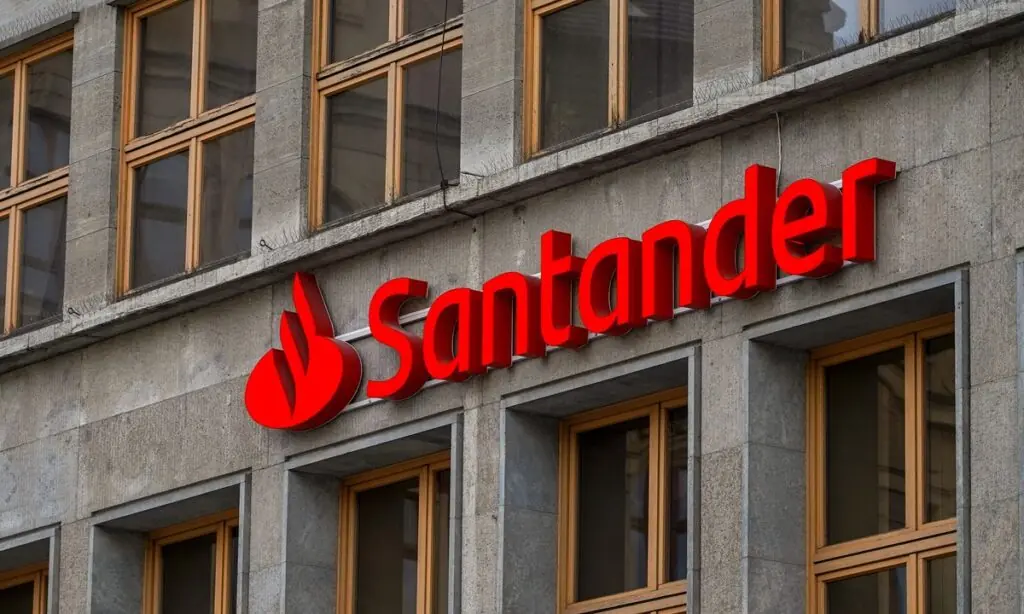
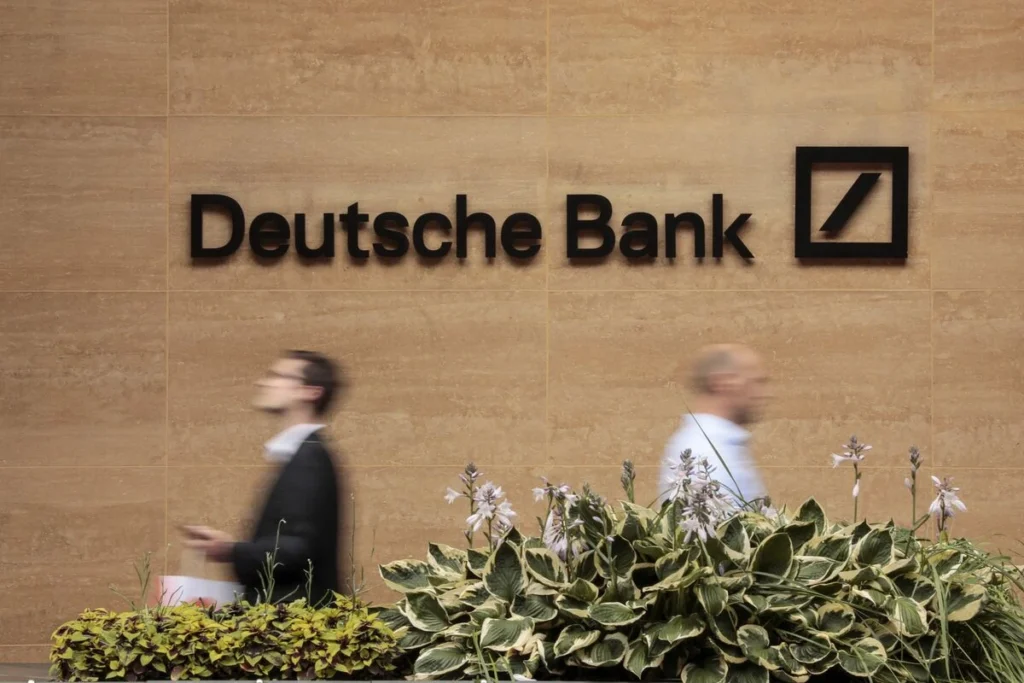

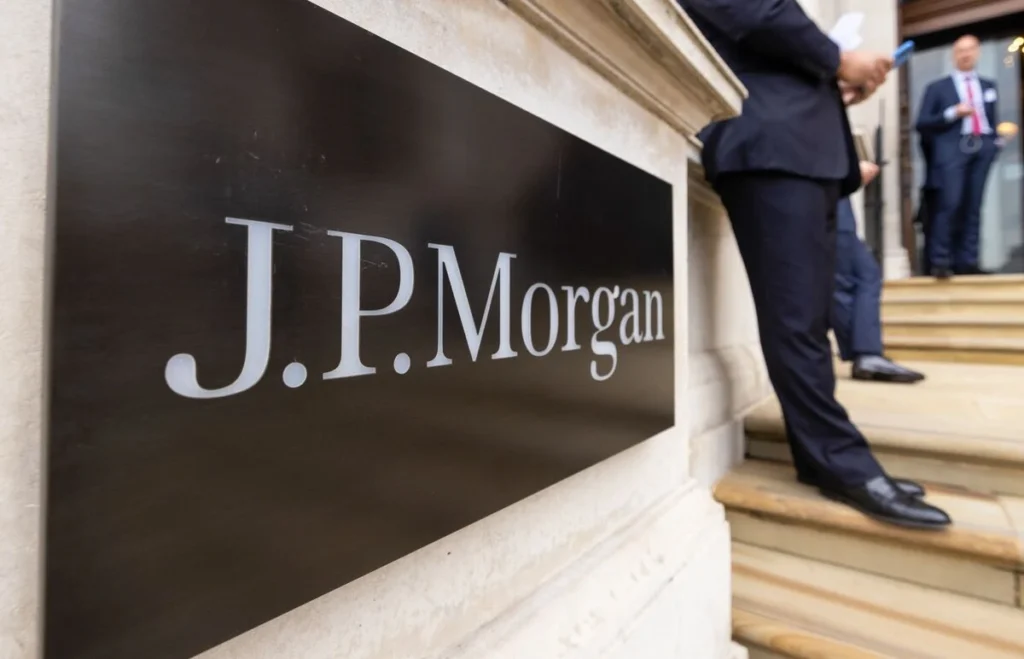


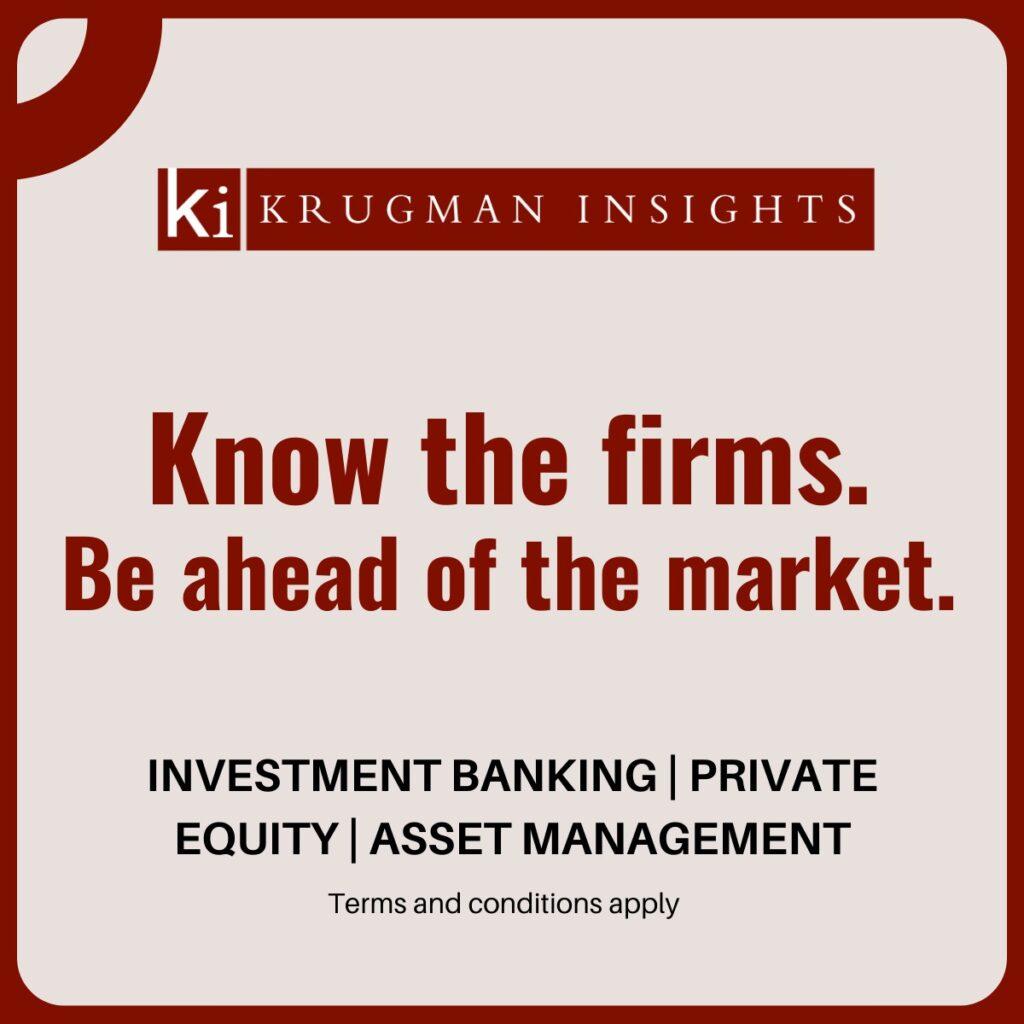
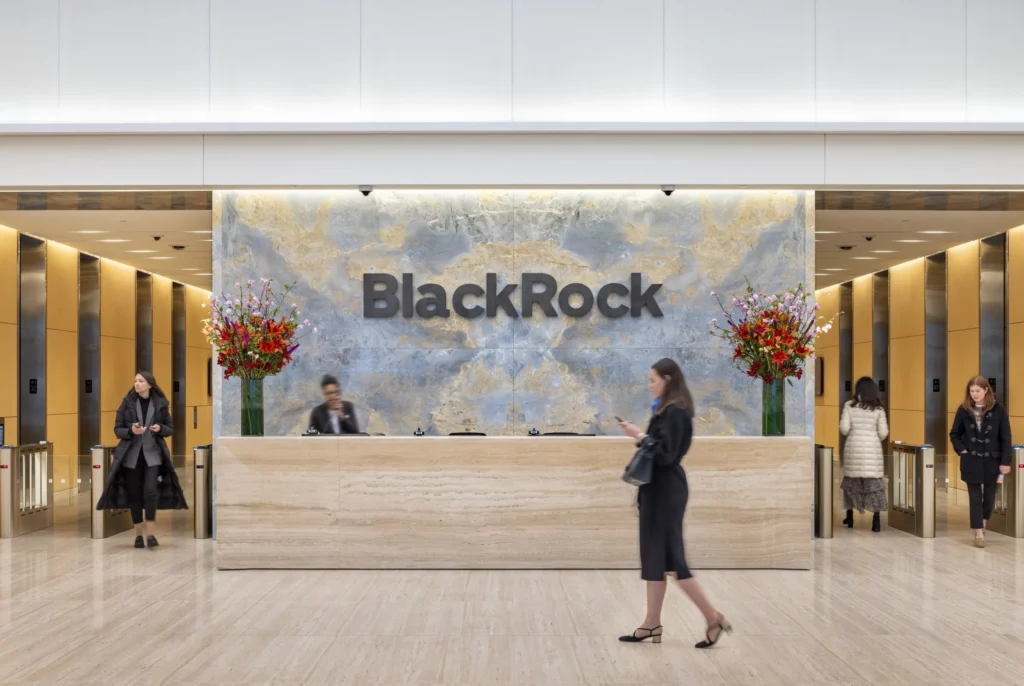
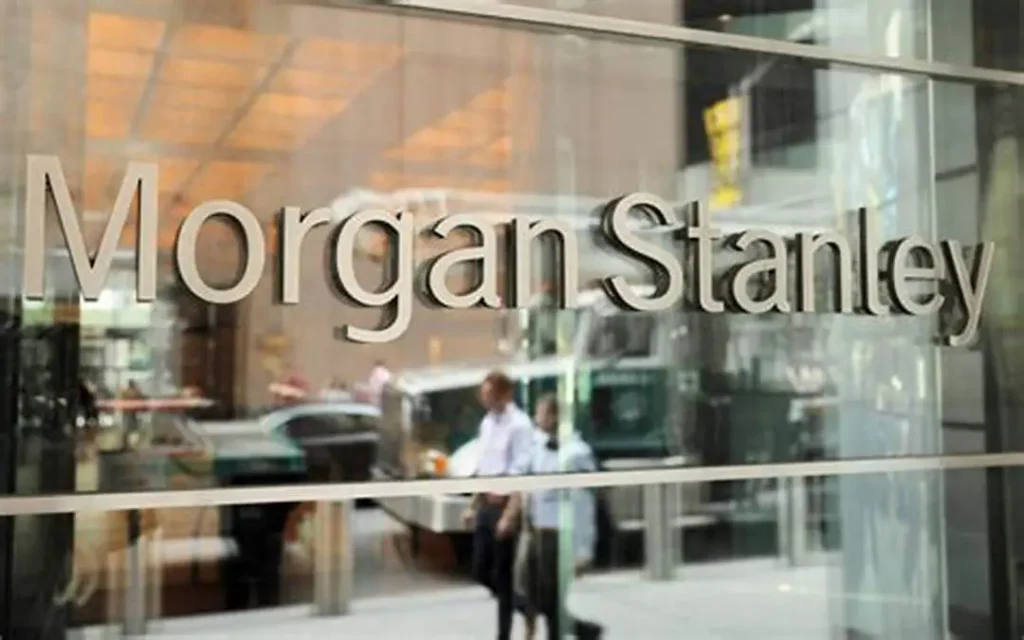
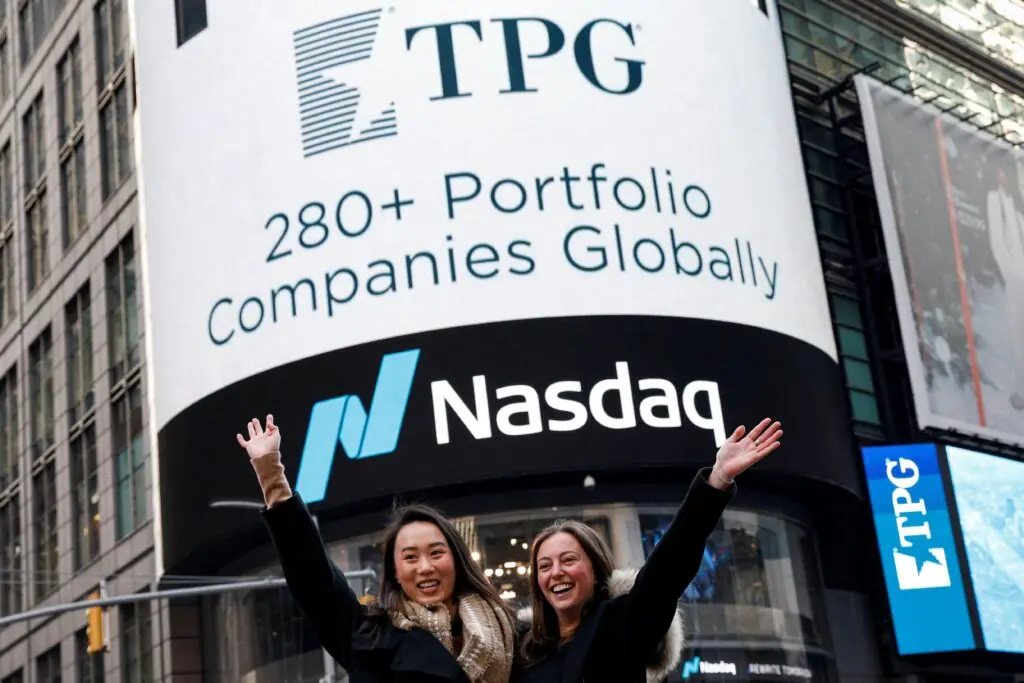
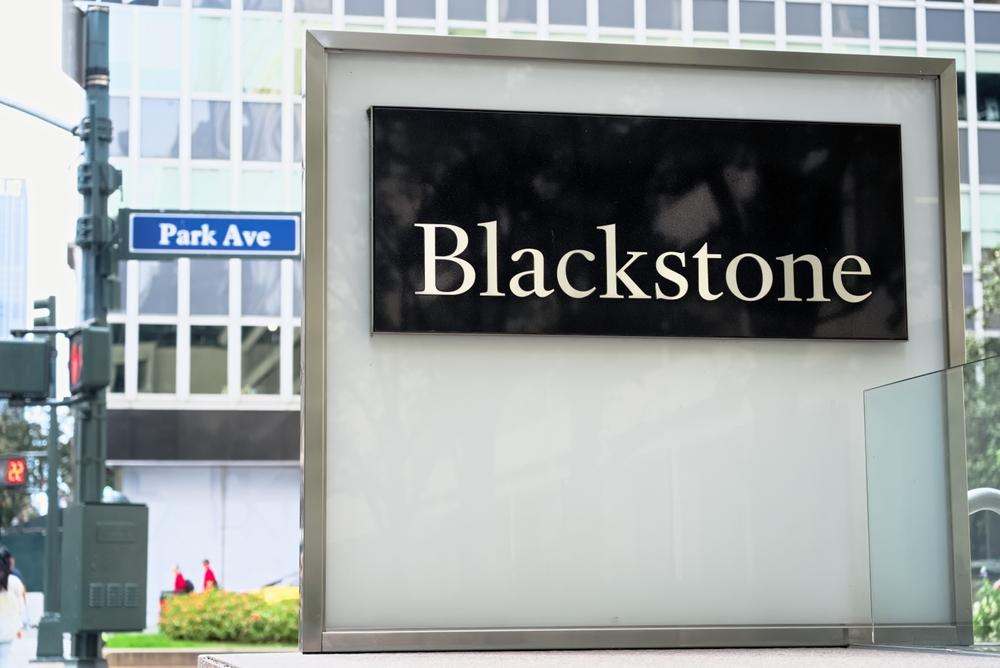

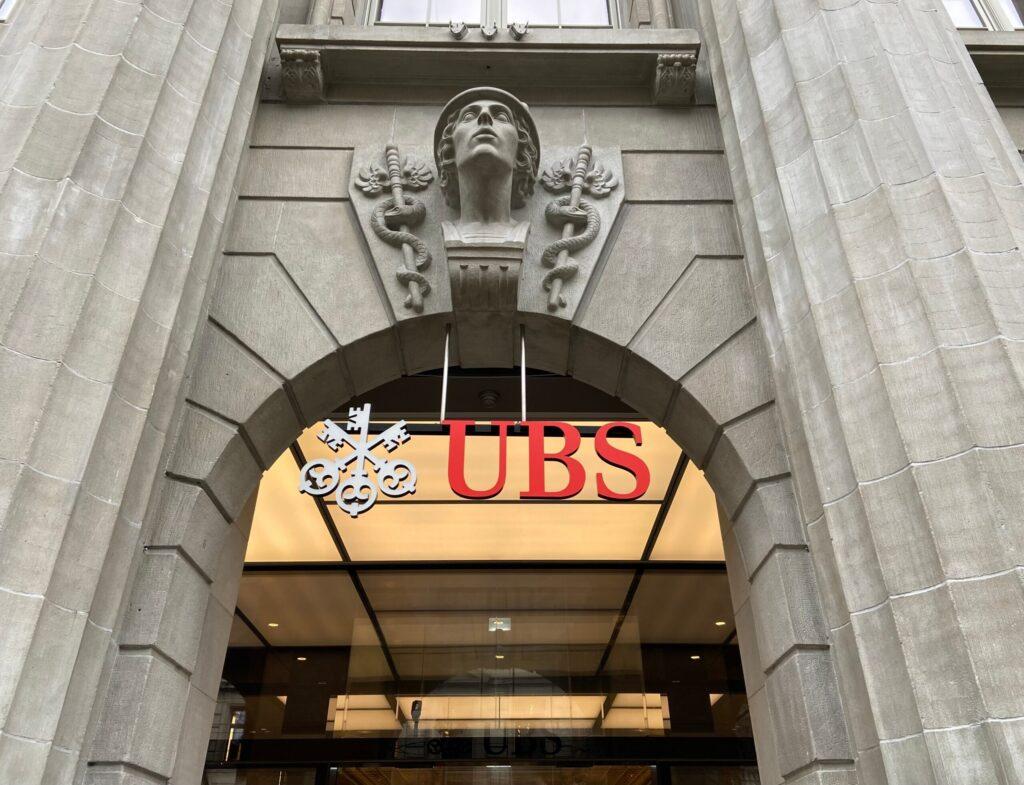
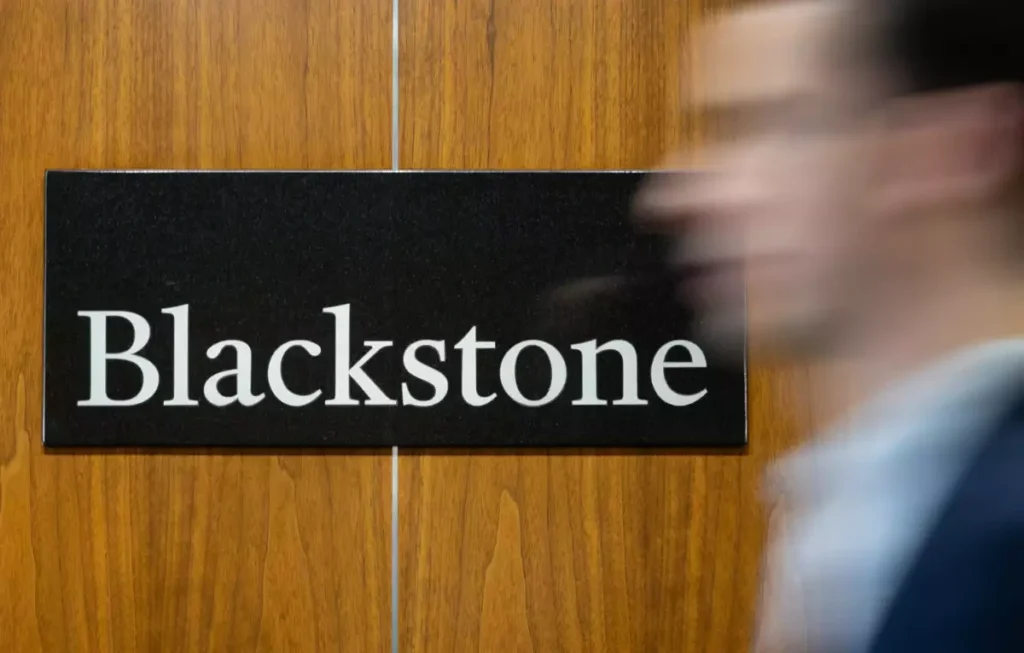









Continue with Facebook Continue with Google